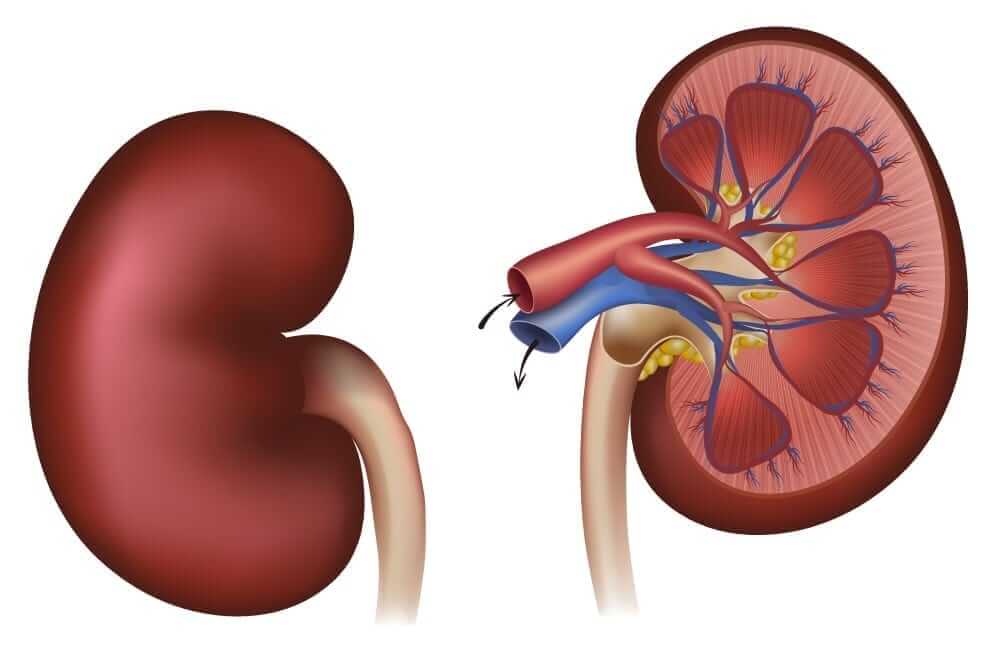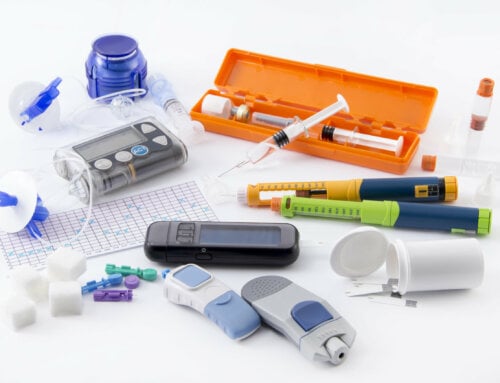Each year, over 100,000 people in the United States get diagnosed with kidney failure. Diabetes is the most common cause of kidney failure in almost half the new cases. Learn more about kidney issues, dialysis and diabetes.
- When the kidneys fail to rid the body of waste patients are diagnosed with kidney failure. This is also the final state of chronic kidney disease. Luckily, the majority of people with diabetes do not develop chronic kidney disease that is severe enough to lead to kidney failure. Of the 24 million people with diabetes in the US, almost 180,000 are living with kidney failure. People with kidney failure usually undergo dialysis, a process that artificially cleans the blood. The alternative is receiving a transplant when the patient gets a healthy kidney from a donor.
- The primary cause of kidney failure is diabetes. The second most common cause of kidney issues is high blood pressure, a health condition often linked with diabetes. The combination of high blood sugar levels and high blood pressure increases the risk that patients with diabetes will also develop kidney failure.
- It may take years for kidney disease to develop. High blood sugar levels cause the kidneys to have to filter more blood, which weakens them. Over the years, people with kidney disease will have small amounts of blood protein, called albumin, leak into their urine. The first state of chronic kidney disease is called microalbuminuria. During this period, the kidneys usually function normally. As time goes by, more albumin leaks into the urine until the condition progresses to a stage called proteinuria. The filtering function of the kidneys diminishes as albumin accumulates in the urine. Failure to filtrate means more waste is retained in the body. Your blood pressure can rise and kidney damage develops.
- People with diabetes should be screened regularly for kidney disease. The two markers used are urine albumin and eGFR, which is the estimated glomerular filtration rate. Glomeruli are the tiny blood vessels in the kidneys that work as filters. Kidney screenings should be done at least once a year or decided on an individual basis. If disease is detected, a comprehensive approach to the treatment of diabetes should be taken. Blood pressure control is imperative with medications being prescribed. Many times a reduced protein diet is recommended. Intensive management of blood glucose will be done to keep levels as normal as possible. Use a blood glucose monitor to keep track of your blood sugar levels and insulin syringes to easily administer insulin to yourself, according to the schedule provided by your doctor.
- If people with diabetes experience kidney failure they must undergo dialysis or have a kidney transplant. Dialysis works well in the short run. However, people with diabetes who need dialysis or a kidney transplant still experience higher morbidity and mortality due to other diabetes-related complications such as heart disease and nerve damage. It is essential to have an effective diabetes self-management plan. Schedule routine examinations with your doctors to review and minimize the possibility of developing other health conditions.
- Being proactive can help ward off kidney issues. Have your doctor measure your A1C levels up to every 3 months and your eGFR at least once a year. Talk to your health care team about medicines, insulin injections, blood sugar monitoring, regular physical activity and meal planning. Have your blood pressure checked at each visit. Inquire about taking an ACE inhibitor or ARB to help protect your kidneys. Your doctor will measure the amount of protein in your urine at least once a year. Discuss your protein intake with your health care provider to determine if you should reduce it. Consult with a dietitian or a diabetes nurse educator to help you with meal planning, such as reducing your intake of sweet or salty foods as well as those that are high in protein or potassium.
Knowing the connection between diabetes, high blood pressure and kidney issues can help you keep complications away. Visit your health care team regularly and keep up with your diabetes self-management routine. With the right care and treatment, you can avoid kidney disease and failure.







Leave A Comment